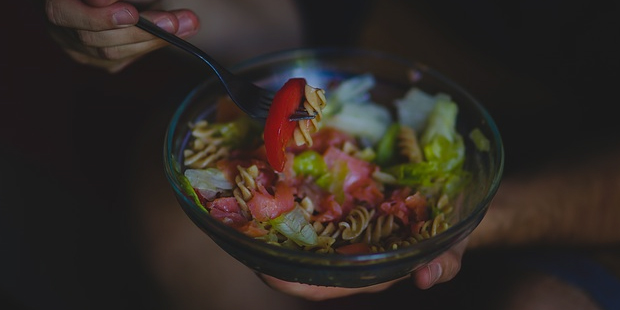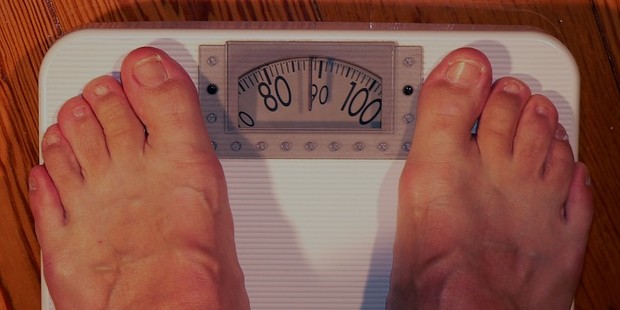Successfully Resolve Your Eating Problems

Many different paths are available to heal an eating problem. Some people are helped through behavior modification, by focusing on changing their hurtful eating habits. Other people resolve their eating problem by following a structured food program like Weight Watchers. And others may join a 12 step group like Overeaters Anonymous with its spiritual dimension.
All these paths towards curing eating problems can be supportive and helpful, but they often ignore the emotional root causes of bingeing, purging, starving, or body image dissatisfaction. Specialized psychotherapy for emotional eaters blends and integrates elements from many healing approaches and also focuses on the underlying feelings that fuel eating problems. Without this focus on the emotional roots - depression, anxiety, trauma, obsessive compulsive disorder, and sexual abuse - many people will relapse and revert back to their eating disorders. It is this combination therapy that is the key for effective change.
Psychotherapy for emotional eaters encompasses four stages which most people go through in order to successfully recover: Awareness, Exploration, Grief, and Integration.
1. Awareness

In the awareness stage you focus on your eating patterns and identify the people, places, or things that trigger you to overeat, purge, or restrict your food. You admit you are not in control, and that the eating problem is making your life unmanageable. Many people work hard to deny that food has made their lives painful; perhaps this is your story too.
Hopefully, at some point, you will come across a helpful book on eating disorders or see a friend heal through therapy. This may offer you the vision that you do not have to stay stuck and that change is possible.
2. Exploration

Personal Values Towards Life
In this stage, you start to realize how your inner emotions have caused you to reach out to food as a way to soothe and comfort yourself. For many people, trusting food is safer than trusting people. After all, food never hurts you, never leaves you, and never criticizes you. But, ultimately, isolation with pastry needs to be replaced by intimacy with people.
As you become able to share your story with a compassionate person, you will realize you are not alone, your feelings will unfreeze, and your consuming relationship with food will diminish.
3. Grief

Motivated When Suffering From Illness
This grief stage is often the turning point in the recovery process. You face the hurts from your past and mourn your inner child who felt wounded and learned to rely on the comfort of food more than relationships with people. Grieving is also the way of legitimizing your pain, by saying, “I am justified in feeling angry and hurt. I am sad.”
Jenny’s father had died from a drug overdose when she was five, and she described her fat as “frozen grief.” "My little girl self had to go underground with food because I could not trust anyone to take good care of me.”
4. Integration

In this final stage, you learn to trust your own inner voice and intuition. You separate your emotions from your eating. You begin to identify and express your needs without shame and find ways to fulfill yourself without retreating to your eating patterns of the past. You no longer feel driven to be perfect, but rather have compassion for yourself. You learn to look at your foibles with humor rather than harsh judgment, and in your relationships you find a comfortable balance between dependence and independence. (Knowing Who You Are)
As I look back over the 40+ years that I have helped people resolve their eating disorders, I have defined the key ingredients that support people in their recovery from emotional eating. Only two ingredients have to do with food!
5. Recipe for Recovery

- Eat when you are hungry and stop when you are full.
- View food as a friend and ally, something to be enjoyed and not feared.
- Identify feelings - anger, sadness, resentment, disappointment, sexual feelings, and envy - without detouring them through food.
- Express your feelings directly.
- Learn to grieve, cry, and mourn the losses in your life.
- Tolerate the discomfort of anxiety, loneliness, fear, and boredom knowing that it will pass whether or not you eat over it.
- Judge yourself and your feelings with compassion and understanding rather than harsh condemnation.
- Enjoy your sexuality and communicate to a partner without shame.
- Appreciate and accept your body no matter what your current size.
- Develop humor about your human foibles, knowing that we are “all more human than not.”
- Develop relationships with others in which you feel safe enough to be your real and genuine self.
- Comfort and soothe yourself in ways other than food.
- Ask for help when in distress.
Let’s sink our teeth into LIFE, not into our relationship with food!









